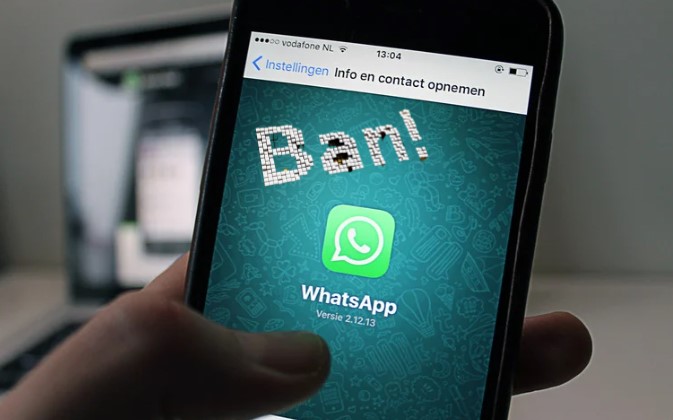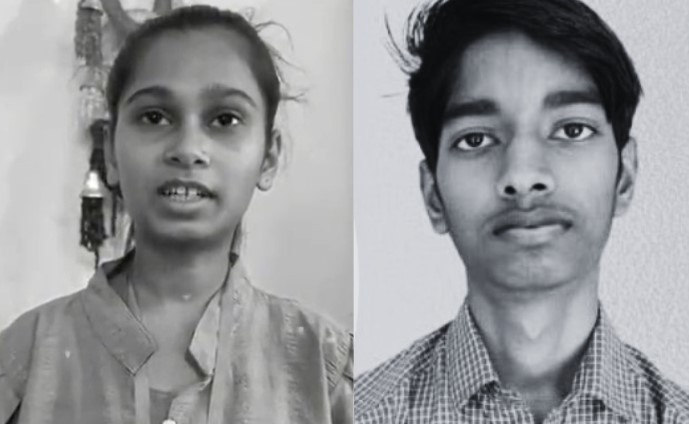Despite questions over Chinese vaccine effectiveness, South African health regulator SAHPRA have announced today conditional approval for Sinovac Biotech Ltd.’s coronavirus vaccine, the first shot developed for the disease by a Chinese company to be sanctioned locally.
The South African Health Products Regulatory Authority (SAHPRA) has authorised the CoronaVac COVID-19 vaccine, manufactured by Sinovac Life Sciences Co, and imported by Curanto Pharma (Pty) Ltd.
The authorisation was done in terms of Section 21 of the Medicines and Related Substance Act 101 of 1965, a mechanism in the Medicines Act that enables emergency use access and also enables SAHPRA to authorise a medicine subject to certain conditions.
The South African Health Products Regulatory Authority backed the double-dose CoronaVac candidate made by Sinovac’s Life Sciences unit with conditions, according to a statement on Saturday. Those include satisfactory results of ongoing studies and periodic safety updates, SAHPRA said.
Sinovac CoronaVac finds favor with South African Regulator
This authorisation is based on the safety, quality and efficacy data submitted by Curanto Pharma (Pty) Ltd to SAHPRA between 22 March 2021 and 22 June 2021. Although the data submitted are considered acceptable at this point, the authorisation is subject to a number of conditions. Specifically, the applicant is required to submit the final results of ongoing clinical studies. SAHPRA also took account of the World Health Organization (WHO) Emergency Use Listing (EUL) report on this vaccine.
The acceptance, which has similar terms to those given to other vaccine manufacturers such as Johnson & Johnson, comes as South Africa this week opened its immunization roll-out to people aged 50 and older.
The country is facing a severe third wave as the more infectious delta variant of the disease becomes widespread and only about 6% of the national population has been vaccinated. CoronaVac is indicated for people between the ages of 18 and 59 years and has a provisional shelf life of two years when stored at 2–8 degrees Celsius (35.6-46.4 degrees Fahrenheit) and protected from light, the regulator said.
Earlier reports had suggested Beijing has staked its reputation on providing other countries with vaccines. As Western nations stockpiled supplies for their own populations, China sent vaccines overseas — in June, the foreign ministry announced the country had delivered more than 350 million Covid-19 vaccine doses to more than 80 countries. That mission highlighted inadequate Western efforts at a time when tensions between China and many major democracies were running high.
Questions over the efficacy of China’s Sinopharm and Sinovac vaccines now jeopardize that soft-power win for Beijing, although China’s Foreign Ministry spokesperson Wang Wenbin has dismissed such criticism as a “bias-motivated … smear.”
Experts say that while these Chinese vaccines might not be as effective as some, they aren’t a failure. No vaccine gives 100% protection against Covid-19, so breakthrough cases are to be expected.
The crucial metric for measuring success, they say, is preventing deaths and hospitalizations, not aiming for zero Covid-19.
In addition, Sinovac conditional approval demand the submission of periodic safety updates in accordance with SAHPRA guidance, and conformance with pharmacovigilance activities as outlined in the approved risk management plan.
As outlined in the clinical trial evidence submitted by the applicant, most of the side effects following administration of the CoronaVac vaccine were mild or moderate in nature, and cleared within a couple of days. The frequently-reported adverse reactions were: pain at the injection site, headache, fatigue, muscle pain, diarrhoea and nausea.






